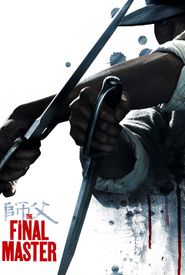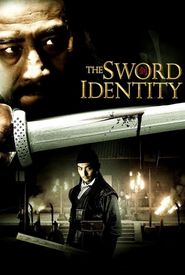Xu Haofeng, a renowned figure in the world of Chinese martial arts and filmmaking, embarked on his journey in 1987, when he began studying Xingyiquan, one of the most revered "internal" styles of Chinese martial arts, in his hometown of Beijing.
After completing a five-year stint in fine arts, Xu's artistic inclinations led him to enroll in the Department of Film Directing at the prestigious Beijing Film Academy, where he graduated in 1997. Unlike his contemporaries, who were eager to capitalize on the newly emerging film market, Xu made the unconventional decision to return to his hometown and immerse himself in the study of Taoism and the history of martial arts under the guidance of two esteemed eighty-year-old masters for an impressive eight years.
In 2006, Xu's publication "Shiqu de wulin" (In Search of the Lost Martial Arts World) sent shockwaves throughout the nation, garnering widespread attention and cementing his reputation as a leading authority on the subject.
Xu continued to write novels and non-fiction works, delving into the ecological aspects of the martial arts sphere during the Republic of China era. His dedication to his craft was rewarded in 2011, when his directorial debut, "The Sword Identity," premiered at the 68th Venice Film Festival, marking a new era for Chinese martial arts films.
One year later, Xu's sophomore effort, "Judge Archer," was showcased at the 7th Rome Film Festival, further solidifying his status as a visionary filmmaker.
Throughout his career, Xu has remained committed to exploring unconventional values in traditional Chinese culture, a refreshing departure from the prevailing trend of slapstick comedies and frenetic action films. He is driven by an insatiable curiosity to investigate whether it is possible for individuals to live outside the conventional circle of life, and his work continues to inspire and captivate audiences worldwide.

























